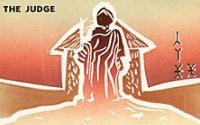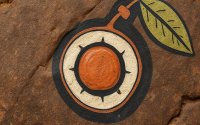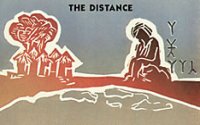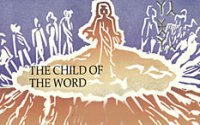|
|
|
|
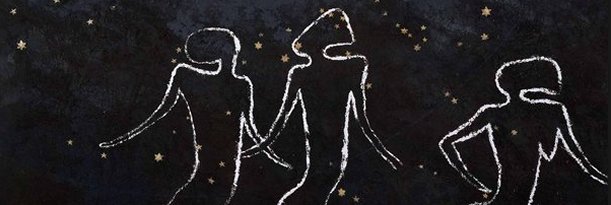
Understanding The African HoroscopeWhile celestial bodies certainly play a role in some African traditions, many systems find their astrological insights in the rhythms of the earth, the characteristics of animals, the elements, and the wisdom of spiritual guides. The focus shifts from fixed birth dates to a more fluid interpretation influenced by the time of day, seasonal cycles, and specific life events. One powerful example comes from the Khoe-San (Bushman) traditions of Southern Africa. While not a conventional twelve-sign zodiac, their spiritual wisdom is deeply interconnected with the animal kingdom. Individuals are often associated with particular animal totems, not necessarily by birth date but through significant life events, dreams, or shamanic revelation. Each animal represents specific traits, lessons, and spiritual energies. For instance, the enduring strength and wisdom of the Elephant, the speed and adaptability of the Cheetah, or the keen insight of the Leopard might signify an individual's core characteristics or a guiding spirit. This system emphasizes an innate kinship with nature and the lessons to be learned from the interconnectedness of all living things. Another profoundly complex and influential system is the Ifa Divination System originating with the Yoruba people of West Africa, also practiced in the African diaspora. Ifa is not merely a horoscope but a comprehensive spiritual philosophy, an oracle, and a repository of knowledge spanning centuries. At its heart are the 256 sacred Odu Ifa – complex literary corpuses, each comprising numerous verses, proverbs, and stories. When a person seeks guidance from a Babalawo (Ifa priest), a divination session is performed using sacred palm nuts or a divining chain (Opele). The resulting pattern reveals a specific Odu, which then serves as a unique "life blueprint" or "destiny sign" for that individual. Each Odu describes personality traits, potential challenges, life paths, spiritual affiliations, and prescribed remedies or offerings to maintain balance and achieve one's highest destiny. Unlike a typical horoscope that might offer daily predictions, Ifa provides profound insight into one's inherent strengths, weaknesses, and the forces at play in their life, offering a roadmap for personal growth and spiritual alignment. It is a system deeply concerned with character, ethical living, and fulfilling one's ori (destiny or consciousness). While often discussed in the context of Hellenistic astrology due to later Greek influences, the origins of Egyptian astrology are undeniably African. This ancient system, rooted in the cycles of the Nile and the worship of various deities, associated individuals with specific gods or goddesses based on their birth dates. There were typically 12 or 13 signs, each connected to a divine entity, offering insights into personality and fate. For example, those born under the sign of The Nile (often associated with specific periods reflecting the river's ebb and flow) were seen as passionate, adaptable, and nurturing. Individuals under Amon-Ra (the creator god) were considered strong, natural leaders, while those aligned with Isis (the mother goddess) were compassionate, intuitive, and protective. Other signs included Osiris, Thoth, Horus, Anubis, Mut, Geb, Sekhmet, Seth, and Bastet, each imbuing their adherents with unique qualities and challenges. This system wasn't just about prediction; it was about understanding one's divine connection and inherent nature, guiding individuals to live in harmony with cosmic order and their spiritual calling. What unites these diverse African "horoscopic" traditions is their holistic nature. They weave together the spiritual, the communal, and the natural world, emphasizing personal responsibility and the interconnectedness of all life. They are not static charts but dynamic systems of guidance, often requiring the interpretation of a skilled diviner or elder who serves as a conduit for ancestral wisdom. These systems continue to thrive today, adapting to contemporary contexts while fiercely preserving their ancient roots. They offer a powerful antidote to a world often disconnected from nature and spiritual purpose, reminding us that wisdom can be found not just in the stars, but in the rustle of leaves, the patterns of the earth, and the timeless narratives passed down through generations. To explore African horoscopes is to embark on a journey into profound self-discovery, cultural heritage, and a different, perhaps more enriching, understanding of our place in the cosmic dance. |
